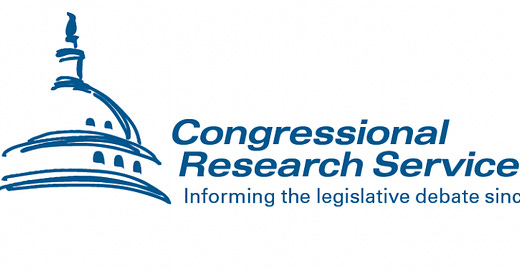Tariffs of Deception: How Economic Protectionism Fuels Global Monopolies
Tariffs protect the military-industrial complex--not your job security and safety.
Tariffs on foreign countries are often portrayed as a nonviolent means which can be implemented by the brave and democratic SuperNations to deter the BadGuys from pursuing their evil intentions. Like everything else however, this ought not be taken so quickly at face value. Beyond manipulating public discourse, the imposition of tariffs on foreign nations serves to perpetuate advantages that benefit companies whose interests rely on the international movement of capital
Enter, center stage: the military-industrial complex, which relies on raw materials and labor which must be sourced from a diverse array of locations around the world in order to be competitive in the arms industry.
‘Cumulation of origin’ practices which allow products from one country to be treated as originating from another are a prime example of how this is done, allowing materials from any country within a designated group to receive preferential tariff treatment regardless of the established restrictions. For example, goods are made up of many components, and tariffs can target either individual parts or the final product.
Consider a product as simple as a notebook. It's not only paper but ink, cardboard, plastic binding, and more. While tariffs could be applied to specific components, they can also be levied against the final product. So, in a hypothetical case of tariffs placed on notebooks from Singapore, the raw materials could still be sourced from countries with preferential treatment, allowing the final product to avoid the tariff altogether.
Rare earth elements—critical for the rapidly advancing field of directed energy weapons—are a prime example of how these deceptive practices unfold in the real world. Sourced from multiple countries with fewer tariffs, they undercut domestic producers disadvantaged by a lack of access to international sourcing. Neodymium, an element crucial in the development of energy weapons, is one such example.
A movement certificate reveals the origin of the final product but says nothing about the origin of the source materials. This allows large international companies to strategically source materials from countries with the fewest tariffs, sidestepping the intentions of national regulations.
In 2025, the U.S. imposed a 10 percent tariff on all Chinese imports. This will rise to 25 percent on rare earth minerals from China by 2026. These "rules of origin" under U.S. trade law reveal a fundamental flaw: tariffs, far from being tools of protection, are actively used to monopolize industries. They serve not to protect domestic interests but to strengthen the grip of powerful corporations, further consolidating control over critical resources like rare earth elements, which are essential for developing weapons systems.
These tariff practices are not only deceptive but serve to fuel a destructive and exploitative global system. They undermine national security, concentrate power in the hands of the few, and exploit the very workers and consumers they claim to protect.
It’s all about the definition of terms.
-M. Shultz




Well said!!